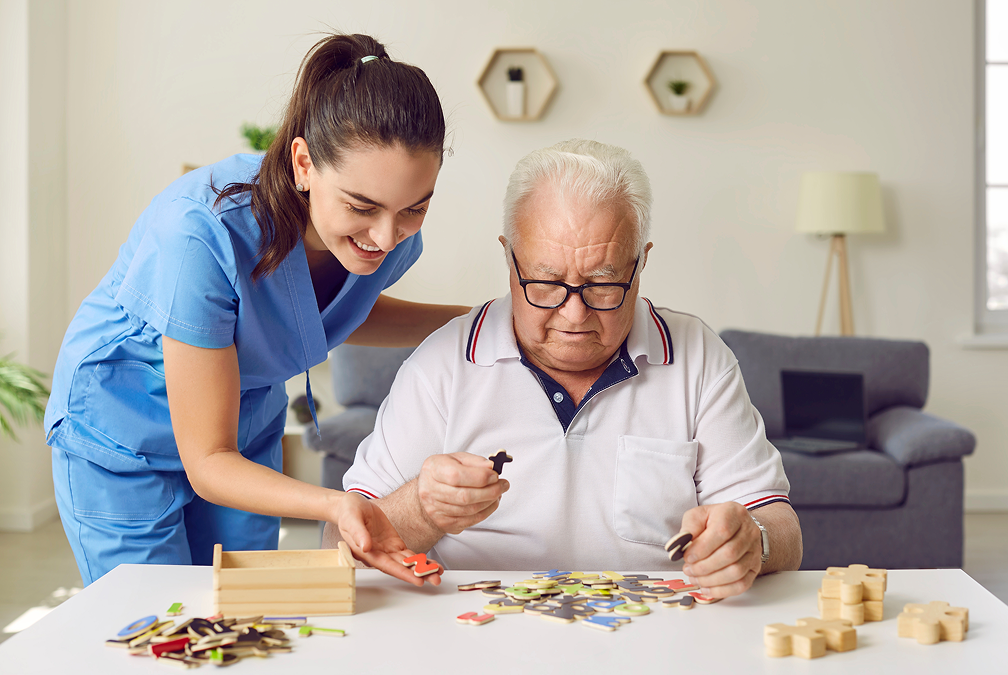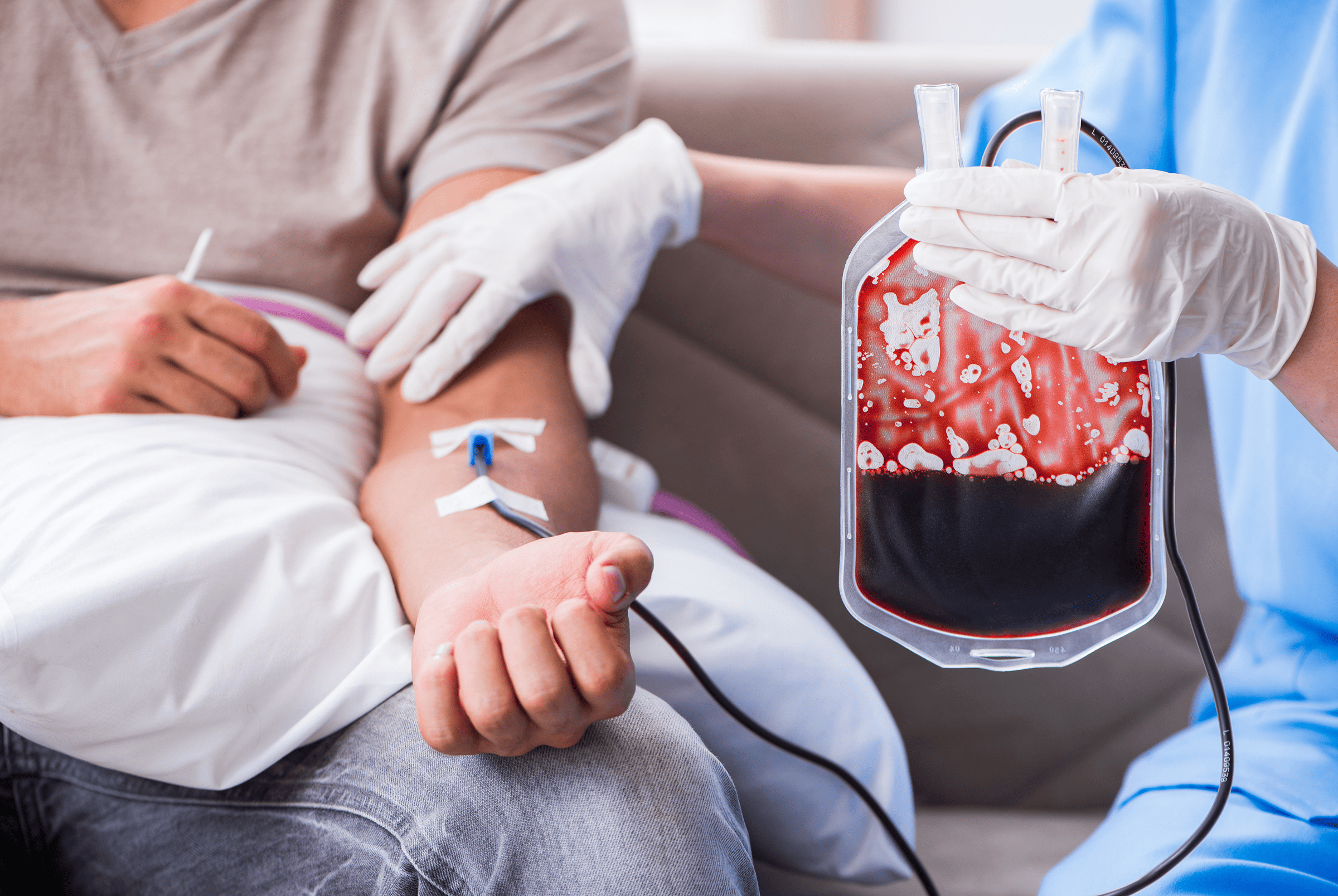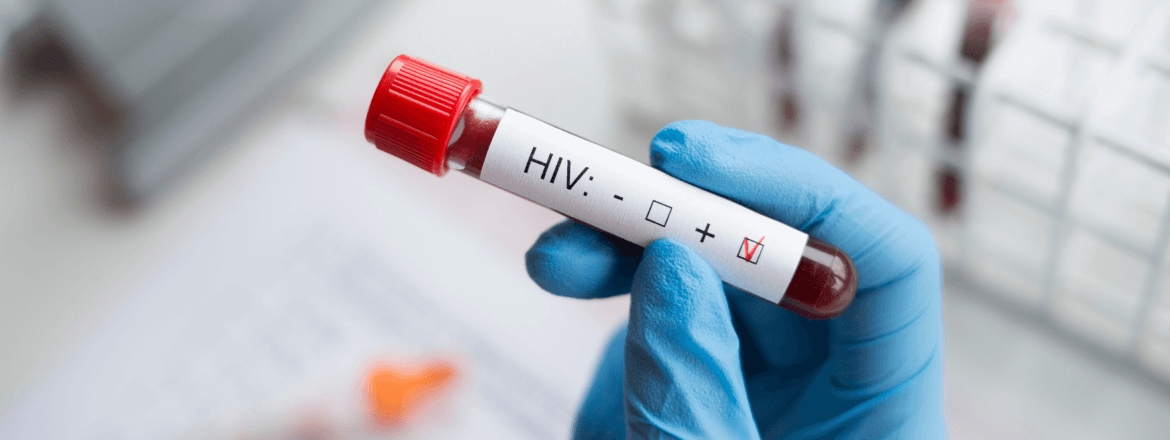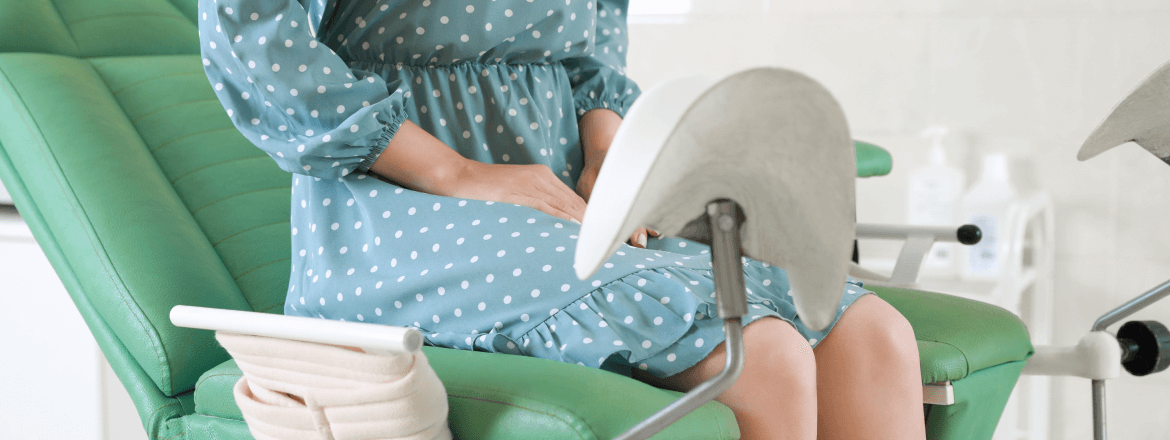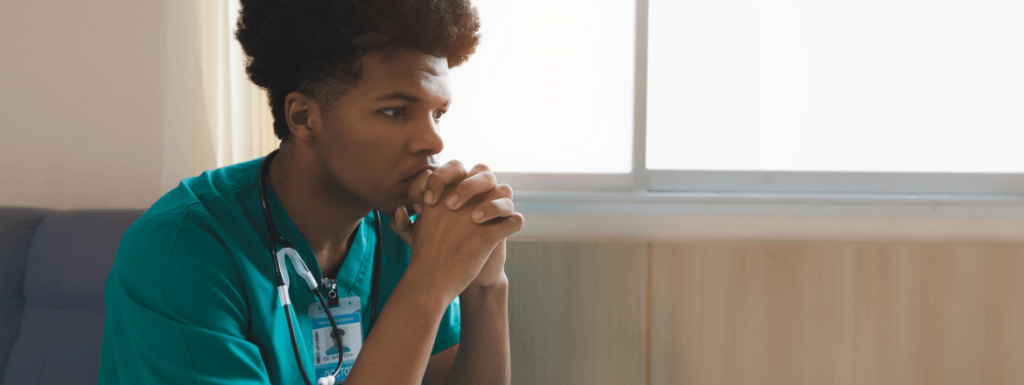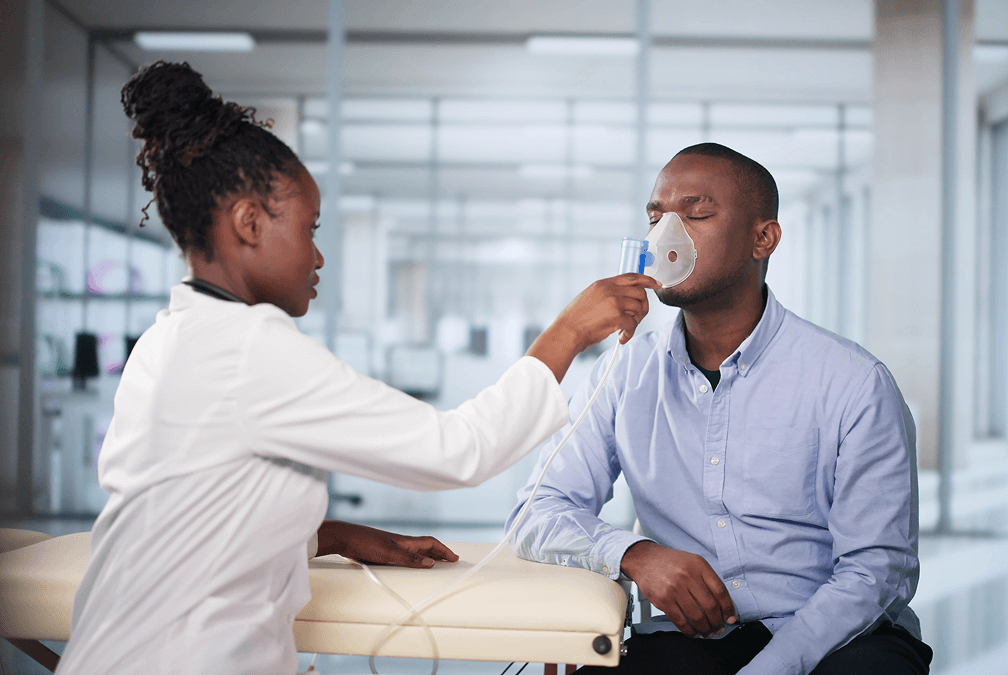
- How Many Clinical Hours for Nursing School Do Students Need?
- Main Duties and Responsibilities During Nursing School Clinicals
- When Do Clinicals Start in Nursing School, and What Is Expected?
- How Long Are Clinicals in Nursing School?
- Importance of Clinicals in Nursing School
- What to Carry for a Clinical in Nursing School
- How to Make the Most of Clinical Hours for Nursing School
Nursing clinicals are a key part of nursing education and a requirement to graduate. They allow trainee nurses to apply the skills and knowledge they’ve picked up in class to real-world patient care. Nursing school clinicals take place in hospitals where registered nurses (RNs) and other clinical instructors supervise the students while they take on various responsibilities.
How Many Clinical Hours for Nursing School Do Students Need?
There aren’t specific training hours needed to graduate because they vary depending on the state, institution, and program. Sometimes, programs within the same state will set different hours they believe are enough for the graduates to be competent and well-prepared.
Programs may also have varying clinical hours subject to the curriculum being followed. Some programs may emphasize practical experience more than others, leading to more training hours. So, how long are clinicals in nursing school generally? To become an RN, you might need to complete 600-1000 hours within standard BSN programs and 800-1300 hours when getting an MSN.
The program’s resources are another factor determining the duration of clinicals nursing school graduates are required to complete. Better-funded programs may have more hours because of the facilities and resources they have access to – e.g., programs that use simulation labs may have longer hours.
Main Duties and Responsibilities During Nursing School Clinicals
Since nursing clinicals aim to provide practical experience, a student participates in various activities in healthcare settings, mainly in a hospital. What can you expect in your first clinicals? A trainee’s responsibilities will start simpler, mainly familiarizing with the setting and shadowing nurses and other practitioners. Responsibilities will increase with time as you become familiar with the environment.
What are clinicals in nursing school like? Trainees are allocated shifts during the stint, just like RNs. They report to a specified area for their shifts and are assigned their responsibilities while working under qualified specialists’ supervision. The clinical instructor monitors a rainee’s performance in completing tasks and determines their proficiency.
A student nurse may be expected to perform the following duties in a nursing school clinical.
- Direct patient care
Under the guidance of RNs, a trainee nurse provides direct patient care. It could entail monitoring vital signs, assisting with daily tasks like feeding and bathing, and tending to wounds.
- Clinical assessments
A student learns to conduct comprehensive assessments of people’s health, including physical and psychological examinations and gathering their health histories.
- Educating patients
A nurse trainee can educate patients and their families on their health concerns, treatment plans, and self-care practices to promote health and well-being.
- Assisting RNs with various procedures
A key part of clinicals in nursing school will involve the student helping nurses with various tasks, such as inserting catheters and setting up IVs.
- Administering medication
A trainee learns to administer medication safely by using the correct dosage, making calculations, preparing medicine, and performing other verification procedures.
- Creating care plans
While fulfilling clinical hours for nursing school, a student creates weekly care plans for patients they work with during their clinicals. Care plans act as a roadmap, helping provide personalized care to individual patients. They promote communication between nurses and other healthcare specialists and serve as documentation for treating individual patients.
Care plans outline the patient’s condition, the desired outcomes, specific interventions the nurses implement, and whether they work. RNs will guide the trainee through the existing care plan, and as they progress, they will create and modify them under the nurse’s supervision.
When Do Clinicals Start in Nursing School, and What Is Expected?
Nursing programs tend to dictate when clinicals start and end independently. They often start in the second semester and continue until the end of the degree program. However, nursing students in some traditional programs wait until the second year to begin their clinicals.
When do clinicals start in nursing school in accelerated programs? First semester. Accelerated BSN programs start as early as the first semester, which gives students a lot of time to build confidence and familiarize themselves with the environment. At the start, trainees focus on the basics, such as preparing patient charts and taking vitals, and then work up to more responsibilities.
How Long Are Clinicals in Nursing School?
Nursing clinicals last anywhere between 400 and 1000 hours and are divided into weekly shifts that students need to attend. These shifts are usually between 6 and 12 hours long, and students work alongside other health professionals.
Most shifts occur on weekdays, but sometimes, one might be assigned on weekends. Additionally, shifts can alternate between days and nights, especially in hospitals that provide care 24/7.
In the early semesters, nursing school clinical hours might be relatively fewer to allow trainees to focus on building foundations. As they advance in their studies, they might increase to provide more exposure. This means that with time, the 6-12 hours might sometimes become full days to adequately prepare students for entry-level nursing.
Importance of Clinicals in Nursing School
Clinical hours are more than just a requirement to graduate. They offer a variety of benefits to trainees and pave the way for them to become RNs. Here are some ways nursing clinicals are important to prospective nurses.
- Improved communication and patient skills
Nursing is centered around patient care, and communication is critical to building patient relationships. Clinical training provides nursing students opportunities to interact with diverse patient populations to develop their communication skills and empathy.
- Hands-on skill development
Part of what to expect during nursing clinicals is a lot of hands-on experience performing various tasks such as patient assessment, medical administration, etc. These skills are crucial in nursing, and the best way to learn them is by being directly involved in patient care.
- Building professional networks
Clinicals provide trainees the opportunity to interact and work with various professionals in the healthcare setting. Trainees can introduce themselves and develop professional relationships with nurses and managers in the setting. These relationships are useful when applying for a job in the same facility where you did your nursing clinicals.
- Confidence boost
Clinicals are also great in helping a trainee nurse overcome anxiety and become comfortable working in a real-world environment. Clinical in nursing school helps you gain more confidence in your abilities and makes you better prepared to face challenges you may encounter in the future. It also makes the transition into the field easier after graduation.
- Source of valuable feedback on performance
While working with qualified specialists, nurse trainees receive valuable feedback on their strengths and weaknesses, which helps them develop into the well-rounded medical professionals the field needs. Positive feedback helps boost confidence, while criticism should help nurse trainees improve their shortcomings.
What to Carry for a Clinical in Nursing School
There are several things you should carry to your clinicals to prepare better. It’s important to feel prepared and confident, so you should carry the following.
- School ID or badge
- Stethoscope
- Pen and notebook
- Penlight for pupil assessment
- Water bottle
- Your full uniform
Stick to the dress code for nurse trainees and ensure your shoes are comfortable since you’ll spend most of your time on your feet. Be sure to have any items your instructor specifies.
How to Make the Most of Clinical Hours for Nursing School
Navigating clinicals can be both exciting and challenging. However, with the right approach, you can thrive during your clinical rotations and become a competent future nurse. Here are tips for getting through nursing clinicals.
- Arrive prepared. Learn about the facility and arrive prepared with the necessary attire and equipment. Familiarize yourself with the facility’s policies and procedures to stay on the right.
- Maintain a positive attitude. Nursing involves working in a fast-paced environment, which is what trainees will experience during clinicals. So, stay focused and maintain a positive attitude despite any challenges you’ll face.
- Practice self-care. Nursing clinicals are physically and emotionally demanding, and sometimes you might start counting how many clinical hours for nursing school you have left. Prioritize self-care by getting enough rest, eating healthy, and exercising. Also, seek support and guidance from your peers and mentors when you feel overwhelmed.
- Maintain professionalism. Be a professional at all times. Respect your peers, supervisors, and patients, and adhere to all the ethical rules provided. You should also always dress professionally, arrive on time, and show accountability for your actions. Remember, you might apply to work there, so maintain a positive image.
- Seek feedback and work on your skills. Always accept any input from peers or clinical instructors and take it as a chance to improve. As soon as you begin your training, put your skills into practice and pay close attention to any learning opportunities.
Nursing students can prepare for licensing and entry into the practice through clinicals. They help ensure students are competent and allow them to grow into their professional identities. The above tips and information can make clinicals more manageable and help you become a skilled and competent nurse.


